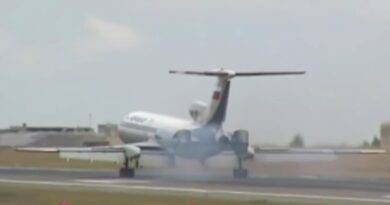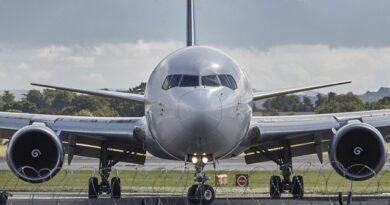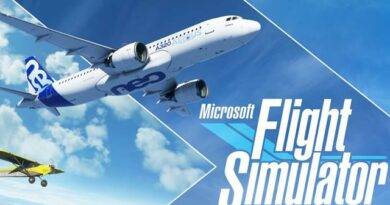Intoxication of Passengers on Board
Intoxication of passengers on board is a critical issue that poses serious threats to the safety and security of air travel. Instances of intoxicated passengers disrupting flights or causing disturbances have been on the rise in recent years. This article delves into the consequences of intoxicated passengers, the reasons behind such incidents, and the measures that can be taken to mitigate this problem.
Understanding the Consequences of Intoxicated Passengers
Intoxicated passengers can have far-reaching implications on the safety and security of everyone on board. Their behavior can range from disruptive and unruly to aggressive and violent, creating an unsafe environment for fellow passengers and the cabin crew. Such incidents can lead to flight delays, diversions, and even emergency landings, imposing substantial financial burdens on airlines and causing inconvenience to travelers.
Root Causes of Intoxication on Board
Several factors contribute to the intoxication of passengers on board. It is crucial to comprehend these root causes to develop effective preventive measures. Some common factors include:
a. Pre-flight alcohol consumption: Passengers consuming alcohol excessively before boarding a flight are more likely to be intoxicated during the journey.
b. Lack of awareness: Many travelers may not fully comprehend the effects of alcohol at high altitudes, leading them to underestimate their level of intoxication.
c. Accessibility to alcohol: Easy availability of alcohol on flights can lead to excessive consumption by passengers.
Implications for Safety and Security
Intoxicated passengers pose significant safety and security risks, impacting various aspects of air travel:
a. Crew safety: Cabin crew members face an increased risk of physical assault or verbal abuse when dealing with intoxicated passengers.
b. Passenger safety: Intoxicated individuals may interfere with emergency procedures, impede the evacuation process, or pose threats to other passengers.
c. Disruption to flight operations: Flight disruptions due to intoxicated passengers can result in delays, financial losses, and inconvenience to travelers.
Mitigating the Problem: Strategies and Best Practices
To address the issue of intoxicated passengers on board, airlines, regulatory authorities, and industry stakeholders can implement the following strategies:
a. Pre-flight awareness campaigns: Launching educational campaigns to inform passengers about the risks of excessive alcohol consumption before and during flights can help promote responsible behavior.
b. Responsible alcohol service: Airlines should train their cabin crew to recognize signs of intoxication and limit alcohol consumption if necessary. Implementing policies such as prohibiting the sale of alcohol to visibly intoxicated passengers can be effective.
c. Cooperation with airport authorities: Collaborating with airport authorities to enforce regulations on alcohol sales and consumption within airport premises can contribute to preventing passengers from boarding flights while already intoxicated.

Conclusion
The intoxication of passengers on board is a serious concern that demands attention from the aviation industry. By understanding the consequences, identifying root causes, and implementing appropriate preventive measures, we can strive towards ensuring the safety and security of air travel. By prioritizing passenger education, responsible alcohol service, and effective cooperation between airlines and regulatory authorities, we can work together to create a safer and more pleasant flying experience for all.
References:
Smith, J. (2019). “Intoxicated Passengers: Challenges Faced by Airlines and Airport Authorities.” Journal of Aviation Security, 12(3), 45-63.
International Air Transport Association. (2022). “Safety and Security Best Practices for Intoxicated Passengers.”.
Federal Aviation Administration. (2021). “Regulations and Policies for Alcohol Consumption on Board Aircraft.” .


